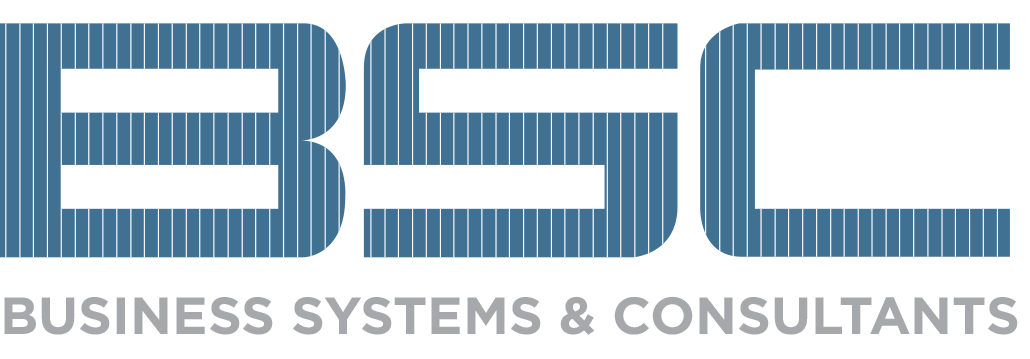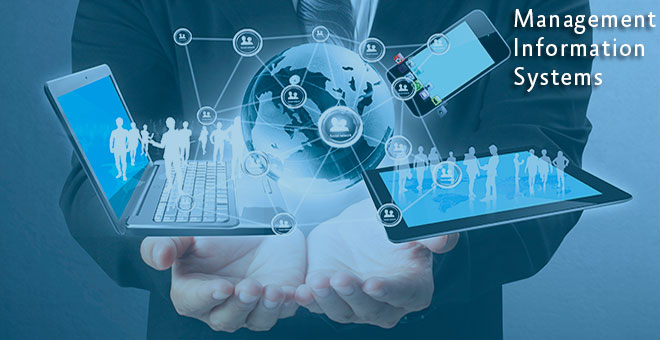Meaningful Business Impact of Information Management Systems
November 3, 2016
Everyone knows that information technology is good for business. Why is it then that many organizations have not deployed ECM (Enterprise Content Management) technology; or have scattered silos of information using various digital technologies? We believe that ECM has often been viewed as nice to have and businesses have had a difficult time understanding how the technology helps them grow and compete in a digitally transforming world. In this series of blogs, BSC will explore why this phenomenon exists and how leading organizations who have united around digital business transformation and quietly smiling all of the way to the bank.
To begin the series we are going to introduce a term that we feel is useful in exploring the value of ECM in an organization related to information processing and information governance. Many analyst organizations and government bodies use terms like TCO (Total Cost of Ownership), MU (Healthcare Meaningful use), ROI (return on investment), or TEI (Total Economic impact). The term we will prefer to use to define ECM value is “Meaningful Business Impact”. Meaningful Business Impact, or simply MBI takes into consideration productivity gains of knowledge workers, cost savings in human capital, risk avoidance, and increasing compliance costs.
It is easy to get lost in industry buzzwords such as workflow, cloud, big data, predictive analytics, artificial intelligence, and managed services. As a recommendation, we advise folks to stay focused on MBI regardless of the technology being evaluated. As the WSJ recently stated; “no man is as good as a machine, and no machine is as good as man and a machine”. Translation; technology for the sake of technology is meaningless while increasing business performance and gaining a competitive advantage is “meaningful”.
Key to our series and conversation will be three core information governance foundation elements:
1. Information across an organization is a critical business asset that needs united consistent management
2. Information exists in both analog and digital formats and the world of information governance is a “hybrid” environment.
3. Digital transformation is real and impacts every business, every employee, and every customer.
Stay tuned for the next blog where we’ll tell you what the MBI of ECM can do for your productivity.

